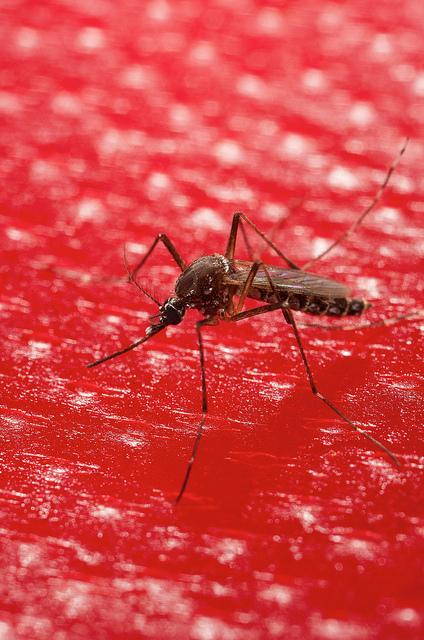The Pennsylvania Department of Health two more variant H1N2 (H1N2v) infections, both of them adults who had attended a livestock auction that had pigs, the Centers for Disease Control and Prevention (CDC) said today in its weekly influenza update.

The state reported a similar H1N2v case in March, so the two new cases lift the nation's total for the year to three.
The newly confirmed patients are close contacts who sought medical care the week ending June 22. One patient was hospitalized. No other illnesses were found among other contacts of the two people, and the investigation is still under way.
Seasonal flu markers remain low, with 3 more pediatric deaths
In other flu updates, the CDC said seasonal flu activity remains low nationally. Three more pediatric flu deaths were reported, which occurred in December, April, and May, raising the season's total to 181, approaching the 2022-23 total of 185.
The CDC has ramped up surveillance over the summer due to continuing H5N1 avian flu circulation in dairy herds, which was linked to three earlier human infections.













